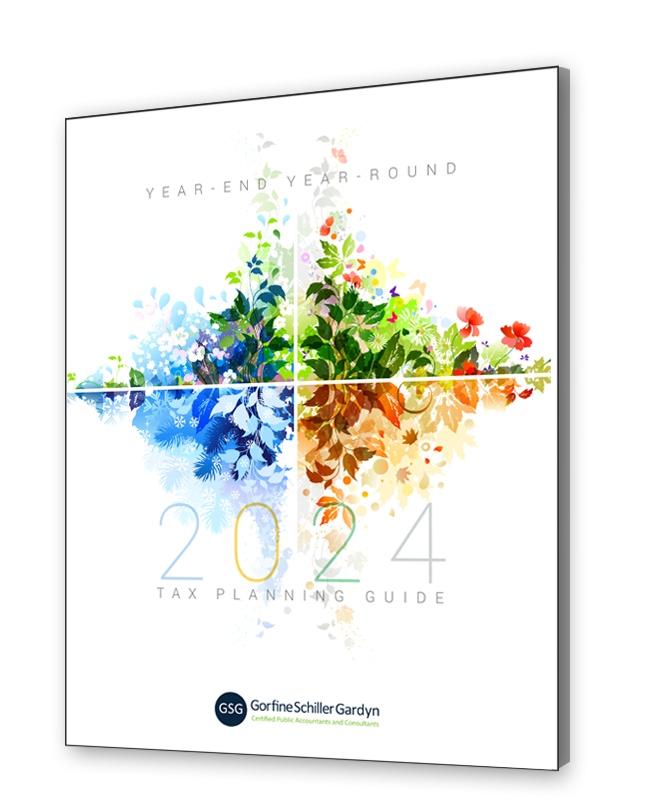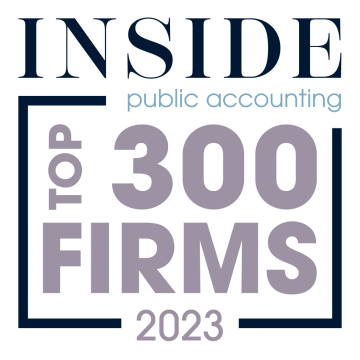It’s that time of year to start making sure you have all of the appropriate information needed to prepare your Forms 1099, which are due by the end of January. Here’s a refresher on the 1099 tax form to help you prepare in a timely manner and avoid any penalty fees.
What Is a 1099 Tax Form?
IRS Form 1099 is issued for payments in connection with services provided during the course of a trade or business. The tax form is not issued for purchases of products. It is also issued for payments of rent. Entities including individuals and sole proprietors, partnerships, LLCs (taxed as a partnership) and single-member LLCs should be issued a 1099.
C corporations, S corporations and LLCs taxed as either C or S corporations do not need a 1099 issued to them.
Form 1099 is also issued for the payment of legal services, regardless of the type of entity. This means legal providers which are incorporated would also receive a 1099 (the only exception to the entity type rule).
How Do I Prepare for Issuing a 1099?
Companies should receive completed W-9s from all vendors when they first hire a vendor. This will help gather the appropriate information and save time from scrambling in January to get the necessary information. It may also help reduce matching notices later from the IRS.
In order to prepare a Form 1099-MISC, the following information is required:
- Full legal name of the entity or individual
- Federal ID number or social security number (NOTE: if dealing with a single-member LLC which has a FEIN, the legal LLC name and the FEIN is needed, rather than the individual name and SSN)
- Current mailing address
- Amount paid to recipient in 2019 and type of payment (i.e. rent, non-employee compensation, etc.)
Expense reimbursements are not included in 1099s. In addition, amounts paid to vendors using a credit or debit card are not included – these amounts will be included in the 1099-K provided by the credit card processing company.
In order to prepare a Form 1098, the following information is required:
- Full legal name of the individual
- Social security number
- Current mailing address
- Mortgage interest received from payer/borrower
- Outstanding mortgage principle as of 1/1/2019 (if originated in 2019, mortgage principle as of date of origination)
- Mortgage origination date
- Address of property securing the mortgage
When Is the Deadline?
Forms 1099 which include non-employee compensation must be filed with the IRS by January 31st in order to be considered timely (regardless of paper or e-filing).
Forms 1099 which do not include non-employee compensation must be filed with the IRS by February 28th if paper filing or March 31st if e-filing.
All Forms 1099 are due to recipients by January 31st, regardless of the type of payment being reported.
It’s important to note that if 1099s are not filed timely, you may be subject to late filing penalties. Penalties range from $50 per statement (for up to 30 days late) to $270 per statement (if filed after August 1st). The penalty for intentional disregard is $550 per statement.
This information is not all-inclusive and is a general guide, so if you have specific questions regarding 1099s, please contact us.
Newsletter Sign Up
Tax Planning Guide
Recent Blog Posts










